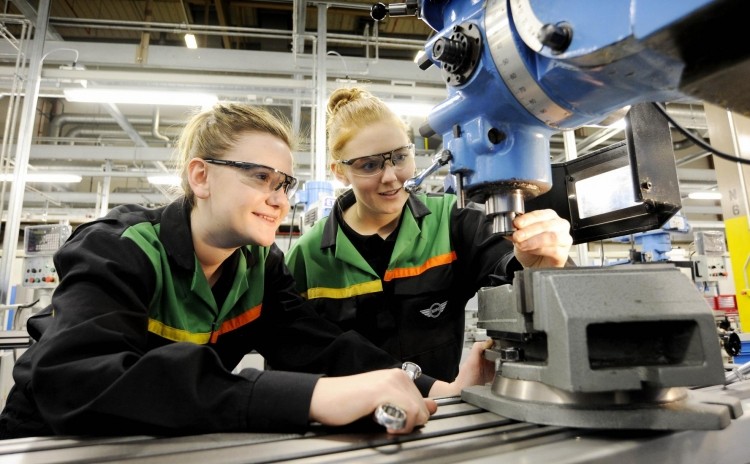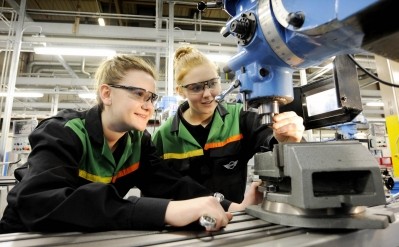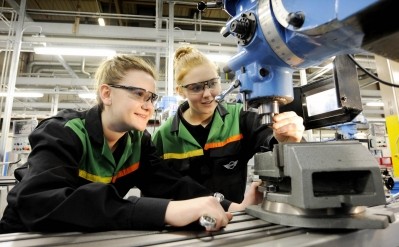Exclusive
Food manufacturing sector needs more top end skills

The manufacturing sector needed to recruit more than 49,000 new skilled professionals and managers along with 27,000 production staff by 2022, based on the academy’s labour market analysis published today (July 27).
The academy’s ceo Justine Fosh told FoodManufacture.co.uk: “That’s great news for the next generation of talent and puts the food industry firmly on the map as a career destination of choice for those studying toward a rewarding job in a dynamic and highly innovative sector that’s home to some of the UK’s best known brands.”
‘The door to a well-paid, secure future’
Fosh welcomed the education system’s renewed emphasis on STEM (science, technology, engineering and mathematics) subjects because they “opened the door to a well-paid, secure future in food along with industry approved vocational training and high-quality apprenticeships”.
Overall, 109,000 new staff will be required over the next 10 years to replace retiring staff. That number included, in additional to top managerial roles, continued growth in openings for front-line production staff.
The latest predicted figures included a dip in the total number of people employed in the sector, as a result of increasing automation, new technology and efficiency gains. The forecast was down from the academy’s prediction of 170,000 vacancies forecast in 2012, after new data trends highlighted the strength of continued industry employment demand during and after the recession.
“While the industry contracted slightly and many older workers left, labour demand recovered quickly [after the recession] compared with other sectors,” said Fosh. “The strong bounce back had the effect of pulling employment opportunities forward and spotlighting the wide variety of available jobs the sector.”
Fosh identified five factors that had contributed to enhancing the appeal of careers in food and drink manufacturing, compared with sectors competing for recruits, such as the aerospace and automotive industries.
More attractive job destination
Along with recessionary pressures, Fosh credited continuing industry efforts such as the www.tastycareers.org.uk website, for making the sector a more attractive job destination, addressing outdated perceptions of food manufacturing careers and raising the traditionally low profile of the sector among job hunters. Other factors included a trebling of apprenticeship openings and more guidance for school leavers, students and parents on study choices leading into the industry.
Meanwhile, for the latest roles in food and drink manufacturing, visit FoodManJobs.
Making food and drink more attractive to recruits
- Continuing industry efforts, such as www.tastycareers.org.uk
- Addressing outdated perceptions of food manufacturing careers
- Raising the sector’s traditionally low profile among job hunters
- Trebling of apprenticeship openings
- More guidance for school leavers, students and parents on study choices leading into the industry















